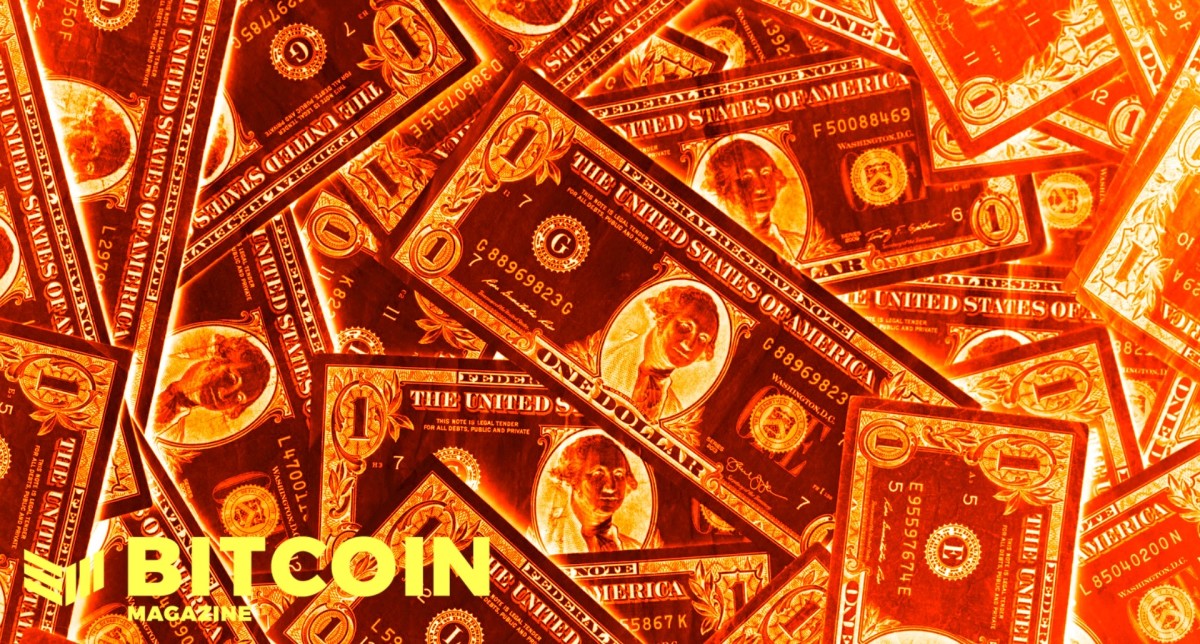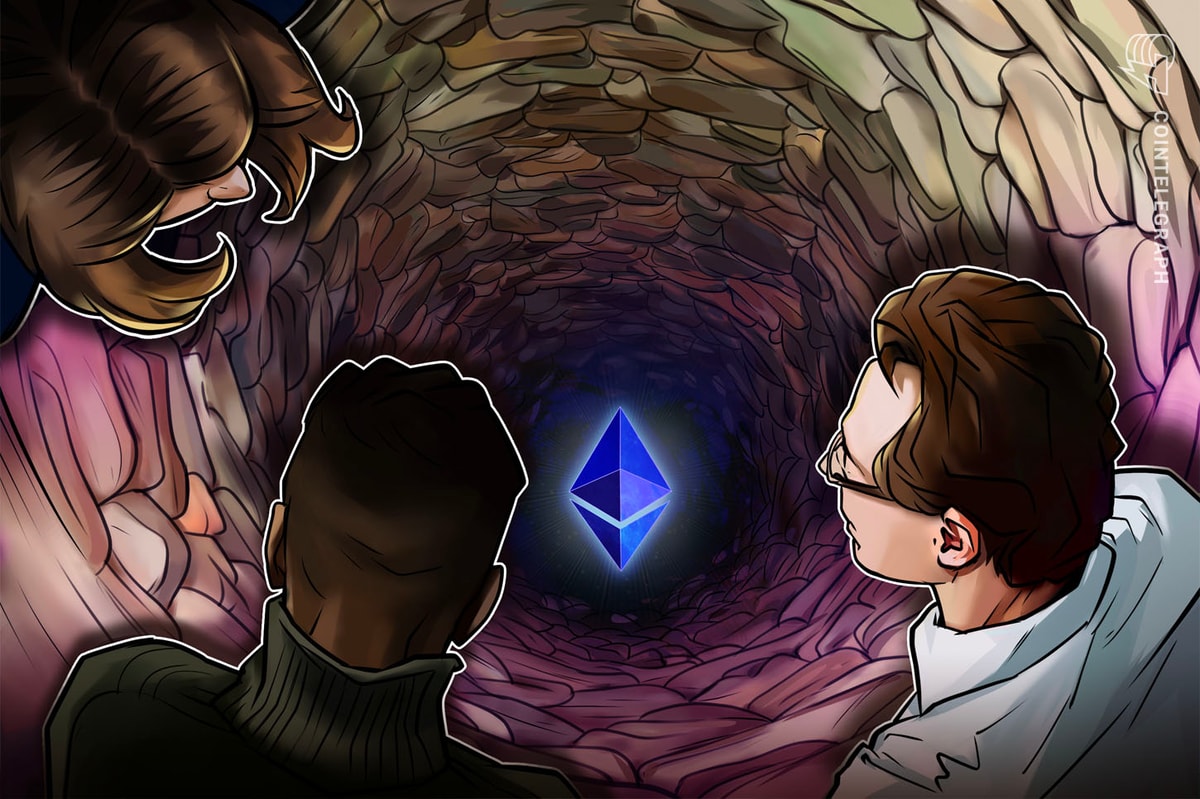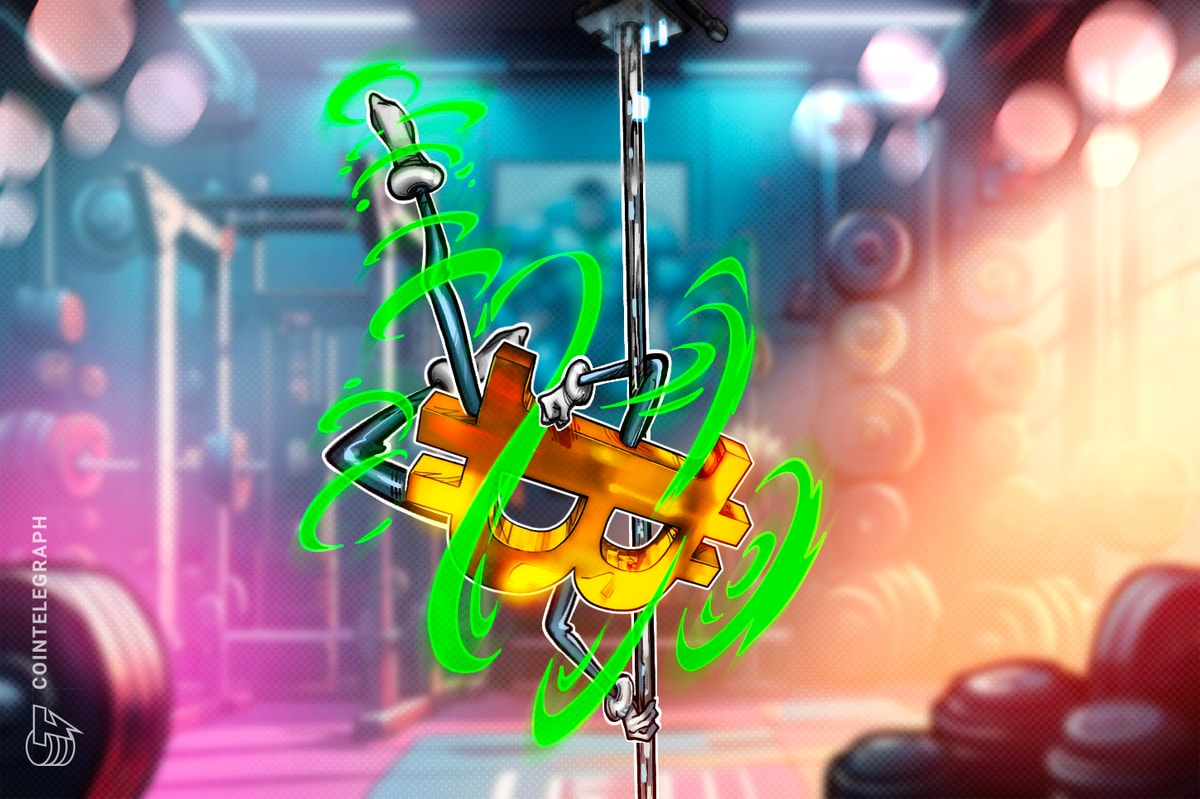This is a transcribed excerpt of the “Bitcoin Magazine Podcast,” hosted by P and Q. In this episode, they are joined by Julian Liniger to talk about fundamentals of Bitcoin and why bitcoin is seeing massive adoption in Europe even during the bear market.
Watch This Episode On YouTube Or Rumble
Listen To The Episode Here:
Julian Liniger: With developments in Russia, China and so forth, there are initiatives trying to weaken the U.S. dollar as a reserve currency. Do you feel that people are afraid of that in the U.S., that this could happen in the near future that the USD will lose its dominant reserve currency status? What role is Bitcoin playing in that scenario (If it is a scenario)?
Q: Totally. I think you have to separate the response into different groups of people. I would say there are three just for simplicity's sake, knowing full well they're closer to 500. I'd say the first group is the Bitcoiners, who very much buy that narrative, who see the writing on the wall and see how the moves the U.S. government is making and the moves that foreign governments are making are in a direct path to eventually have the U.S. dollar no longer be the global reserve currency.
I think there is a sentiment and I'll speak for myself mainly that should more countries be granted the ability to price oil in their own native currency. It doesn't need to be formally announced. It doesn't need to be a declaration from OPEC or from the EU or anywhere else saying, “Hey, the dollar’s just not the global reserve currency.” To me, whatever is the global standard to price oil in will be, in the intermediate term, the global reserve currency.
There's the secondary issue of the impending collapse of the European bond market. We've seen this happen across more developing nations. We see the collapse of the Japanese yen. There's now another class of people who I think, in the shorter term, the strength of the dollar will continue to increase, but it's only inevitable that with that increase, there's added pressure and ultimately, I always go back to: Why would we believe that the people who made the decisions to put us in this situation we find ourselves in now, why would they also be the same people who would be able to get us out of the position that they put us in? So, I would explain sort of those two within the Bitcoin community.
And then there is, in my opinion, a vast majority of people in America who have no grasp or real understanding of what it means to have the global reserve currency be our native currency and be the currency that our country and government is able to print to no end? For the vast majority of those people, they can be told all of these things and yet would rather just say, but it doesn't matter. “The U.S. dollar has existed my whole life and it will continue.” And there's a lot of denial, I think. I have it among close friends of mine who I’ll have these types of conversations with, and their response will just be like, “Yeah, but like the government will figure it out. Like the U.S. dollar is not gonna go away.” I think there will be a lot of pain in that class of people. I think a lot of them will be shocked when the inevitable happens.
Then the final group of people I think is, or are the decision makers, the people in government who maybe see some of, but not all of what the class of Bitcoiners see as the inevitability of the end of the dollar. They think that if they do just one or two things correctly from here on out, then things will return back to normal and everything will be fine and dandy. And the U.S. dollar and the USA will remain in power.
I genuinely believe it's the combination of both of those ideas that gives fuel to our policy makers here in this country. Whether they're right or wrong (I believe they're wrong). I've said for some time now that the best example of this is Jerome Powell coming out in 2021 saying, “Inflation will be transitory. Don't you worry about it. It's not a problem.” Only then in April or May go under oath in a hearing in front of Congress and say, “Yeah, we made a mistake. We didn't know as much as we thought we did. And that's why we find ourselves here.”
I have no reason to believe that, from that moment in time to today, he's learned so much that his decisions will right the ship. But I think I am in the minority.











